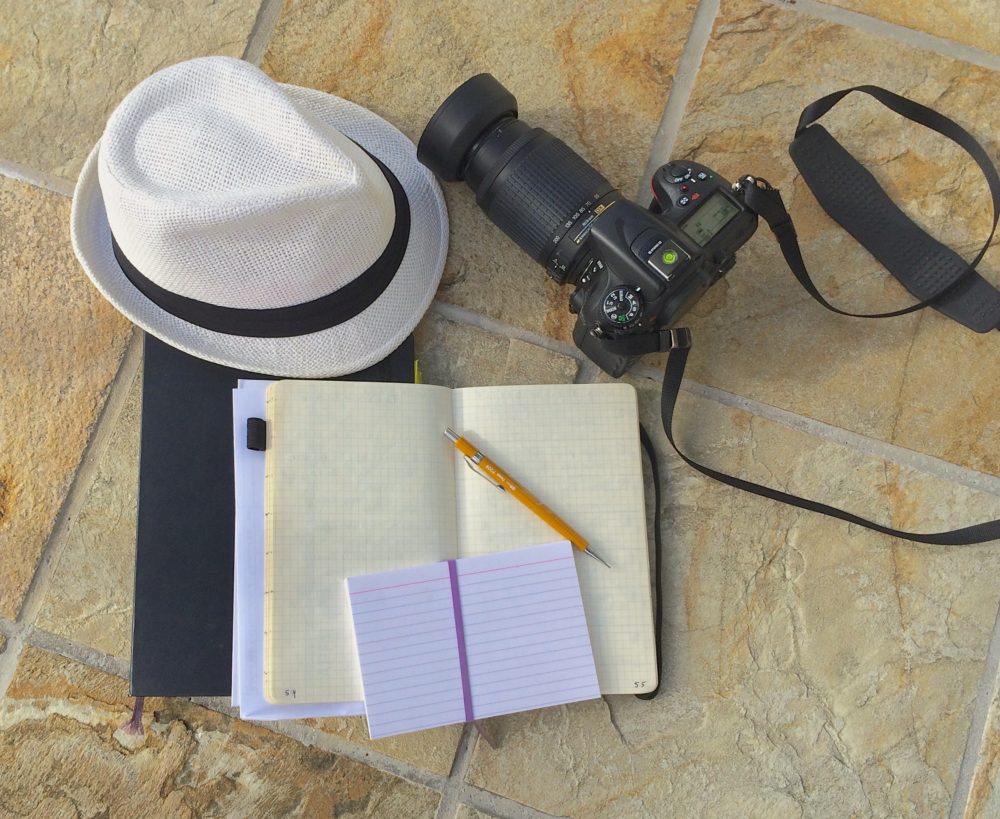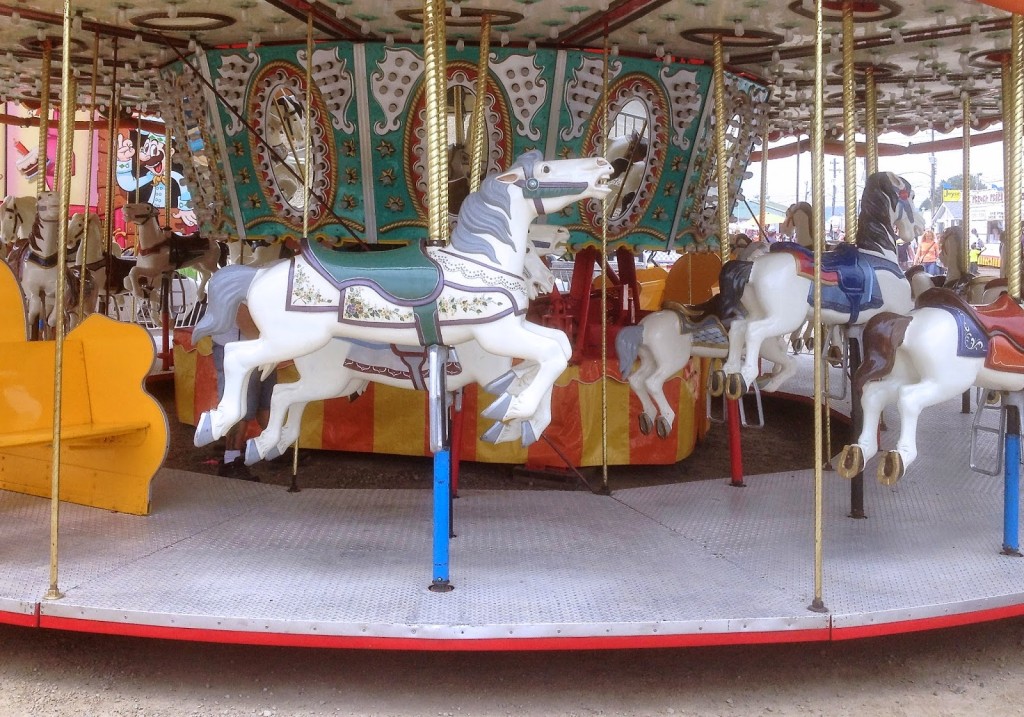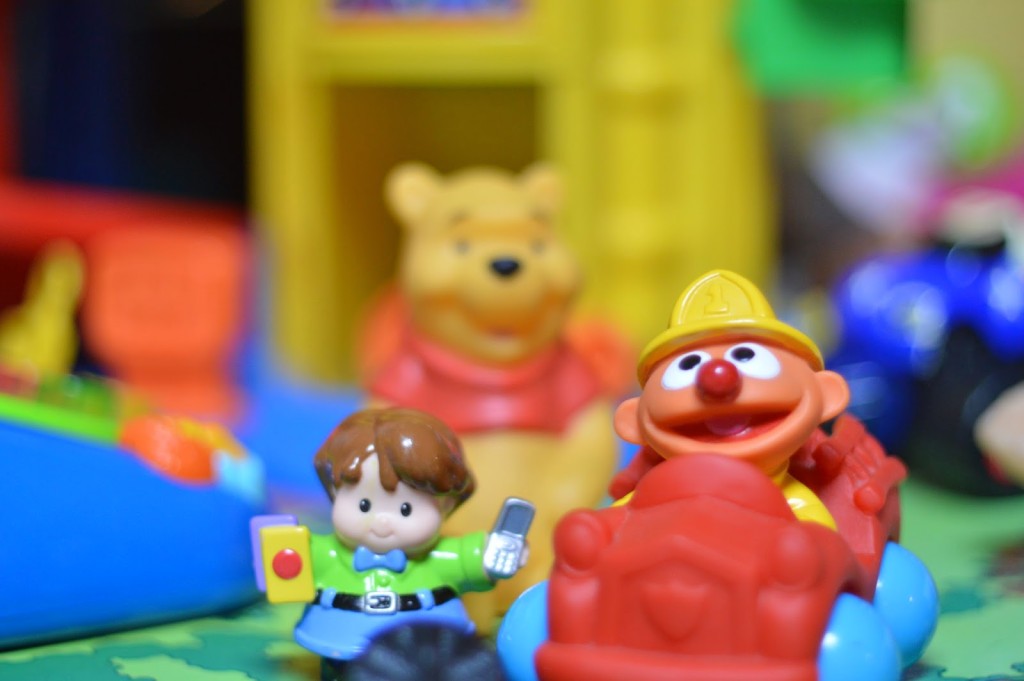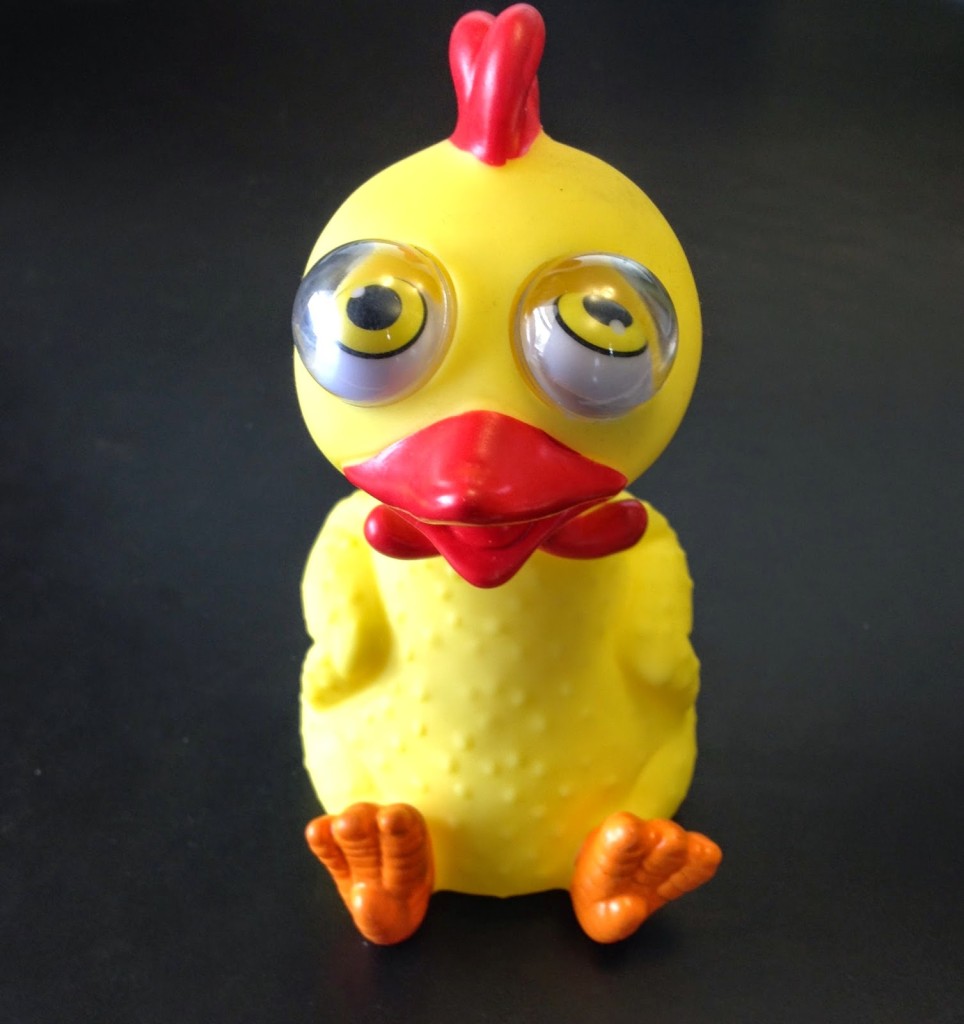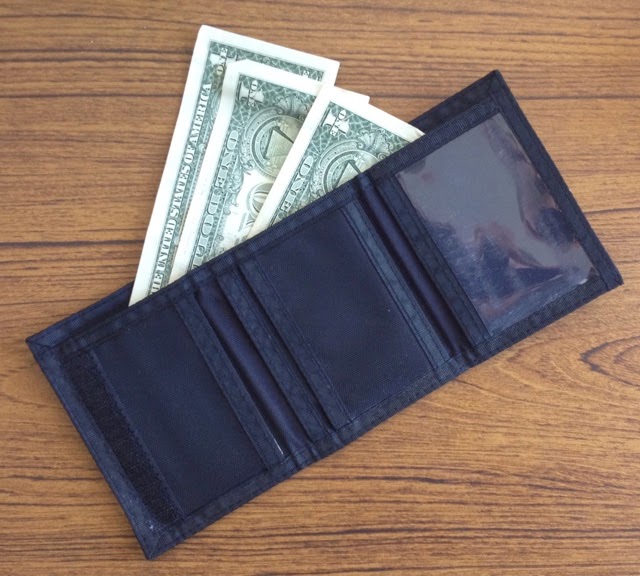Tag Archives: ADHD and finances
Money for the Distracted: 10 Ways to Curb Impulse Spending
This is my second post in the money series. In my first post about money and ADD/ADHD, which you can read here if you missed it, I talked about how managing finances is difficult for people with ADD/ADHD. A disclaimer, I am not an accountant, financial advisor, or economist, these are just some basic suggestions to organize your money life so you can feel more stable in how you handle money.
Many people struggle with impulse spending. It is even more difficult for people with ADD/ADHD, because we can jump into extravagant spending sprees, all in the name of a project related to house, food, kids, hobby, new job, etc. and be in debt up to our eyeballs before we know what the hell just happened.
I am not talking about a candy bar at the check out. I’m talking about an entire library of books, a workshop full of tools, a new work-out wardrobe, a new house, kind of impulse spending. I talked about how hard yard-sales are for the distracted here.
So here are ten things you can do to stop impulsive spending:
1. Have a plan before you go shopping. Make a list. This is the hardest part: IF IT IS NOT ON THE LIST DO NOT BUY IT. Really, do not buy it. Even if it is a great deal. Walk away. It is not a great deal if it was not on the list. This the only way to stick to your plan.
2. Take one-click shopping off of your phone. While you are at it, take the shopping apps off your phone. Randomly scrolling through shopping apps because your are bored, tired or can’t sleep is bad. It is the new version of infomercials that convince you that you NEED to spend $500.00 to loose weight/be a millionaire/ grow hair/ juice/ have a beach body, etc. If you have to actually log in to a desk top computer or tablet to shop it will slow you down.
3. Delete your credit card information from the sites that are weaknesses, whatever that is, shoes, clothes, books, or the everything store. Again this will make require that you locate your credit card and then enter the information to make your purchase. This will buy some time for you to THINK about the purchase.
4. Before you spend anything that is not food or essential, ask yourself: Is this moving me closer to my goals? If the answer is no, the complete collection of the Crocodile Hunter on DVD is not going to get you closer, do not buy it. If your goal is to save money for a trip/vacation/emergency fund/house, etc, impulsively spending money will not get you there.
5. Find free alternatives to feed the need to acquire objects. Get a library card. Use it. Filling up a bag with books, Cd’s, and DVDs can feel like shopping. The best part? You can take them back and do it all over again, for free!
6. Although some folks advocate cutting up all your credit cards, and going to a cash only system, I live in the real world, and I like to travel. Having a credit card makes it so much easier to travel. To curb impulse spending with your credit card, leave it home, (in a safe place where you can find it) when you are in your hometown. If you want whatever it is that you were going to buy bad enough to go all the way back home, find your credit card and then drive back to the store to buy the item, then you have given yourself some time to really think about the purchase.
7. Set a monetary limit for purchases that have to be discussed with another person. This person will need to be someone who will not get on the impulse train with you. It may seem silly for a grown person to have to talk to someone about their purchases but having to explain why you NEED the complete DVD collection of the Golden Girls will make you think about twice about buying it.
8. Avoid the trigger stores. You know what they are. Bookstores, hardware stores, shoe stores, clothes stores, anywhere you could spend all day and your next paycheck. Do not go. If you do visit one of theses money-suck stores leave everything but cash you can spend behind. No debit card. No credit cards.
9. Write the word Think! on a sticky note. Place it on your credit card. Alternatively you could put a picture that represents you money goal on the front of your credit card, use whatever will remind you to stop and think before you spend.
10. Have someone else shop. This will not work for everything and every purchase but if your weakness is the grocery store, make a list and send someone else. Use an on-line service if you do not have a partner or friend who would do this for you. if you are someone who routinely overspends at the grocery store, the money you would spend on the service will be off-set by the money you spend on impulse purchases.
I hope these help. The key in all of this is to find a way to give yourself time to think and decisions that support your money goals. I have used each of these tips at one time or another. They do work. Remember to be kind to yourself. If you get discouraged go back and read the first post in this series.
Money Changes Everything: ADHD and Money
Money. The topic everyone wants to talk about and no one wants to talk about. There are many, many books on the market telling you how to handle, invest, save, spend and bank your money. Most of them assume that the individual reading the book has an attention span longer than a goldfish. Indivduals who have ADHD struggle with money managment for a number of reasons. Under-employment, inability to maintain a job/career, creative careers that pay irregularly, academic struggles that lead to low paying work, impulsive spending, forgetting to pay bills, lack of organization, and procrastination. This year on the blog I will feature one post a month about money. Money is difficult to discuss because so so many people equate their self-worth with their bank account. If you don’t get anything else out of this series know this: You are Not Your Money. In an environment where we are constantly bombarded by messages to the contrary, it is often hard to remember this. Money is a tool, it provides opportunities and access. Money can not buy you happiness, or love.Money management is possible and it means you being in control of your money. I have been so broke I couch surfed before it was a thing, lived out of my car for six months, and ate a hell of a lot of rice and ramen noodles. When I finally was making money, I impulsively misspent and then spent 10 years paying it off. Did being broke make me bitter? Nope. I know that it won’t kill me. I know how to survive. I also know that it is so much better to be in control of money.If you are struggling with money management, I encourage you to take a deep breath, know that you can get it together about money, and that it is worth it. The first book that I recommend that you read is Your Money or Your Life: 9 Steps to Transforming Your Relationship with Money and Achieveing Financial Independance by Vicki Robin and Joe Dominquez. Get it from the libray, borrow a copy, or buy it used, but read it. Some of it may seem dated but the exercises will help you get a handle on where you are right now in your relationship with money. My favorite exercise from this book is figuring out how much of your time you trade for things in your life. You will never look at material goods the same way after figuring out how much of your life you trade for things.I will leave you with my favorite quote about money: “To walk in money through the night crowd, protected by money, lulled by money, dulled by money, the crowd itself a money, the breath money, no least single object anywhere that is not money, money, money everywhere and still not enough, and then no money or a little money or less money or more money, but money, always money, and if you have money or you don’t have money it is the money that counts and money makes money, but what makes money make money?”Henry Miller Tropic of Capricorn (1939) 
